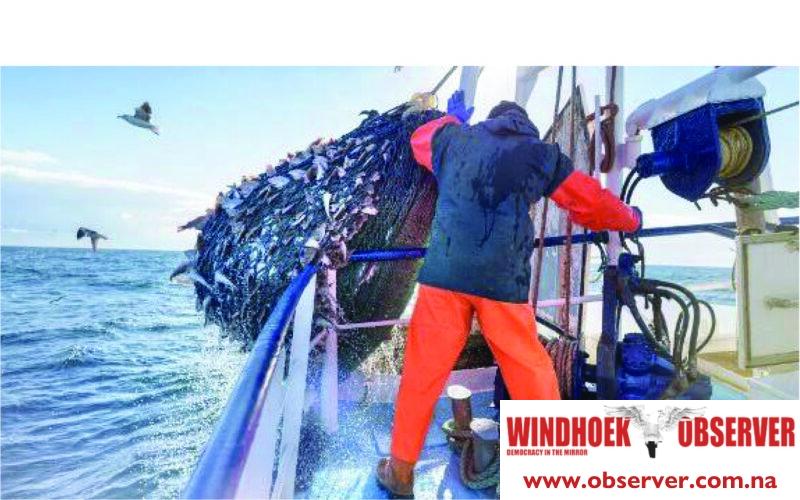Chamwe Kaira
Oceana Group says catch rates for Namibian horse mackerel continued to disappoint, leaving the business performing at the same level as the prior period.
In a trading statement for the year ending 30 September, the group said horse mackerel sales prices remained firm due to sustained market demand.
This follows, as for the 2025 fishing season, the cabinet set the horse mackerel Total Allowable Catch at 208 000 metric tonnes, down from 270 000 metric tonnes.
The group expects basic earnings per share to fall by at least 40%, or 368 cents per share, compared to 920 cents reported in the prior period.
Headline earnings per share are also set to decrease by at least 40%, or 367 cents per share, compared to 917.6 cents previously.
“The earnings decrease is primarily attributed to a halving of average US dollar fish oil sales prices compared to the record prices achieved in the prior year. The recovery in the Peruvian anchovy biomass led to the fish oil price correction, and Daybrook’s performance declined substantially compared to the exceptional prior year earnings,” the group said.
Financial results for the 11 months ended 24 August show lower revenue and profitability, driven by an average 50% decline in fish oil sales prices compared to the record levels achieved in the prior period.
“Steady consumer demand and increased local production volumes drove a pleasing performance for Lucky Star foods. Hake results improved significantly with better catch rates and sales prices. Strong demand and sales prices for horse mackerel were unable to offset the impact of continued lower catch rates experienced in South Africa and Namibia,” the group said.
Lucky Star Foods delivered improved results, with volumes growing by 1%, supported by export demand. Local canned fish volumes remained stable despite subdued consumer spending.
Operating margins improved through higher cannery production volumes, better yields from larger and higher-quality frozen fish and efficiency gains from recent factory upgrades.
“Pilchard landings were 4% higher than the prior period, with strong first-half catches offset by weaker second-half landings. Inventory levels closed in line with the prior period, following planned lower frozen fish purchases in the second half, which contributed to an improved working capital position,” the group said.
In South Africa, improved reliability of the Desert Diamond vessel increased sea days, although poor catch rates limited gains. The squid business also suffered from poor industry-wide catch rates.
Caption
Oceana Group is experiencing low catches in Namibian waters.
Photo: Contributed




